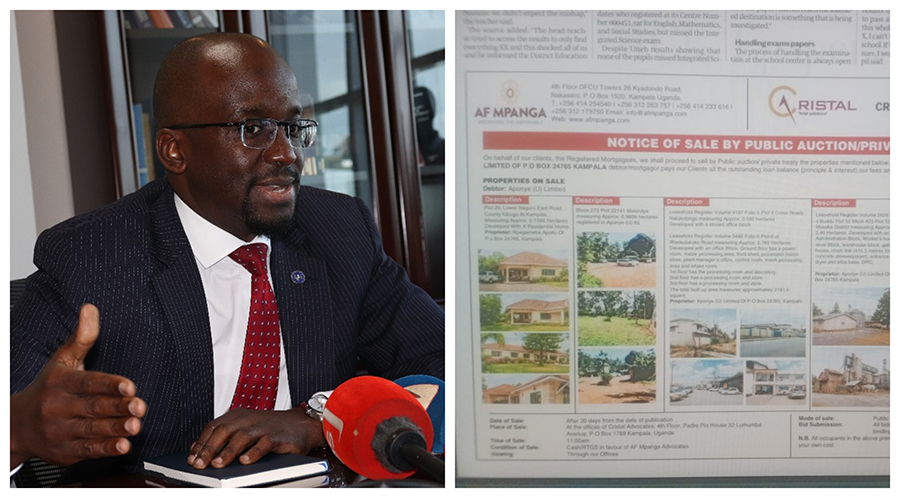Uganda’s private sector continued its robust expansion in July 2025, driven by strong demand and new client wins, though rising input costs prompted firms to increase prices, according to the latest Stanbic Bank Purchasing Managers’ Index (PMI).
The headline PMI registered at 53.6 in July, down slightly from 55.6 in June. Despite the dip, the reading above 50.0 indicates ongoing improvement in business conditions for the sixth consecutive month.
New Orders
The report highlighted a sustained rise in new orders, fueled by strong demand, new client acquisitions, and increased customer referrals. This marked the sixth straight month of growth in new sales, with all surveyed sectors reporting broad-based increases.
To meet this demand, businesses scaled up output levels, though some faced capacity constraints, evidenced by a renewed accumulation of backlogs—the first in seven months.
Christopher Legilisho, Economist at Stanbic Bank, said: “The Stanbic Bank PMI signaled further expansion in July amid healthy economic conditions in the private sector. Current and anticipated output growth culminated in robust employment conditions, with backlogs of work increasing for the first time since December 2024, likely due to strong new order demand.”
Employment
To address the influx of new orders, firms expanded their workforce, hiring both temporary and permanent staff. The manufacturing sector was the only exception, reporting a slight decline in employment. Alongside hiring, businesses increased purchasing activity to support production and build safety stocks, with inventory levels rising for the fifth consecutive month. However, vendor performance deteriorated, indicating challenges in supply chain efficiency.
Cost Pressures
Rising input costs posed challenges, with firms reporting higher purchase prices and wage bills. Expenses for utilities, fuel, timber, and cereals also climbed, driving an overall uptick in operating costs. To offset these, most businesses raised their output charges, though construction firms bucked the trend by lowering selling prices.
“Inflationary pressures remained amid increases in input prices, purchase costs, and staff costs,” Legilisho said.
“Despite these challenges, Ugandan firms are optimistic about future business conditions across all sectors, implying strong economic growth in the upcoming months.”
Optimism
Looking ahead, Ugandan businesses expressed confidence in sustained growth, buoyed by expectations of rising customer numbers and favorable demand conditions.







